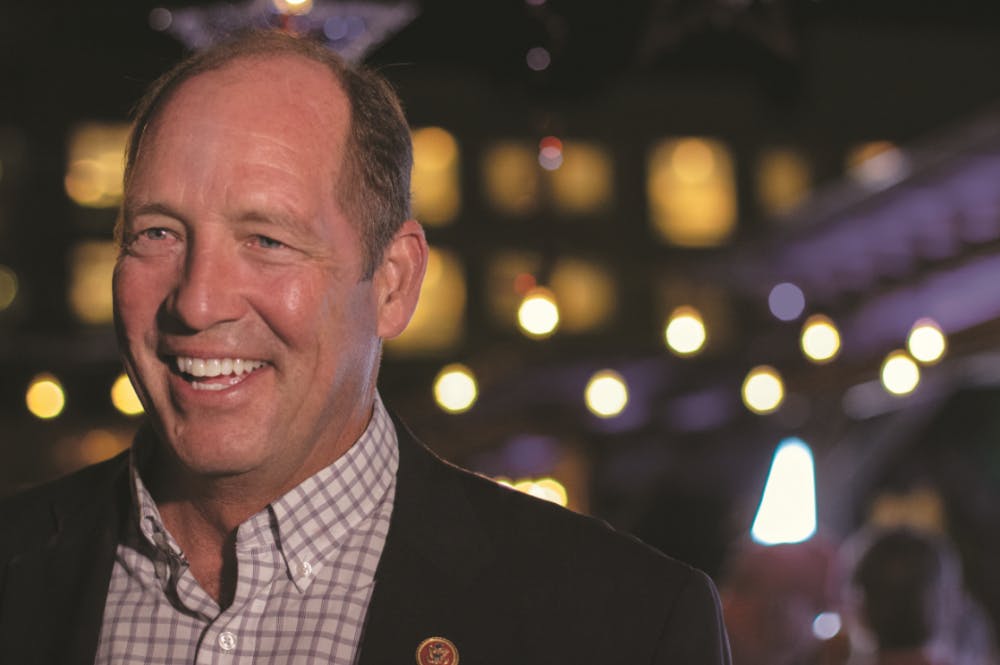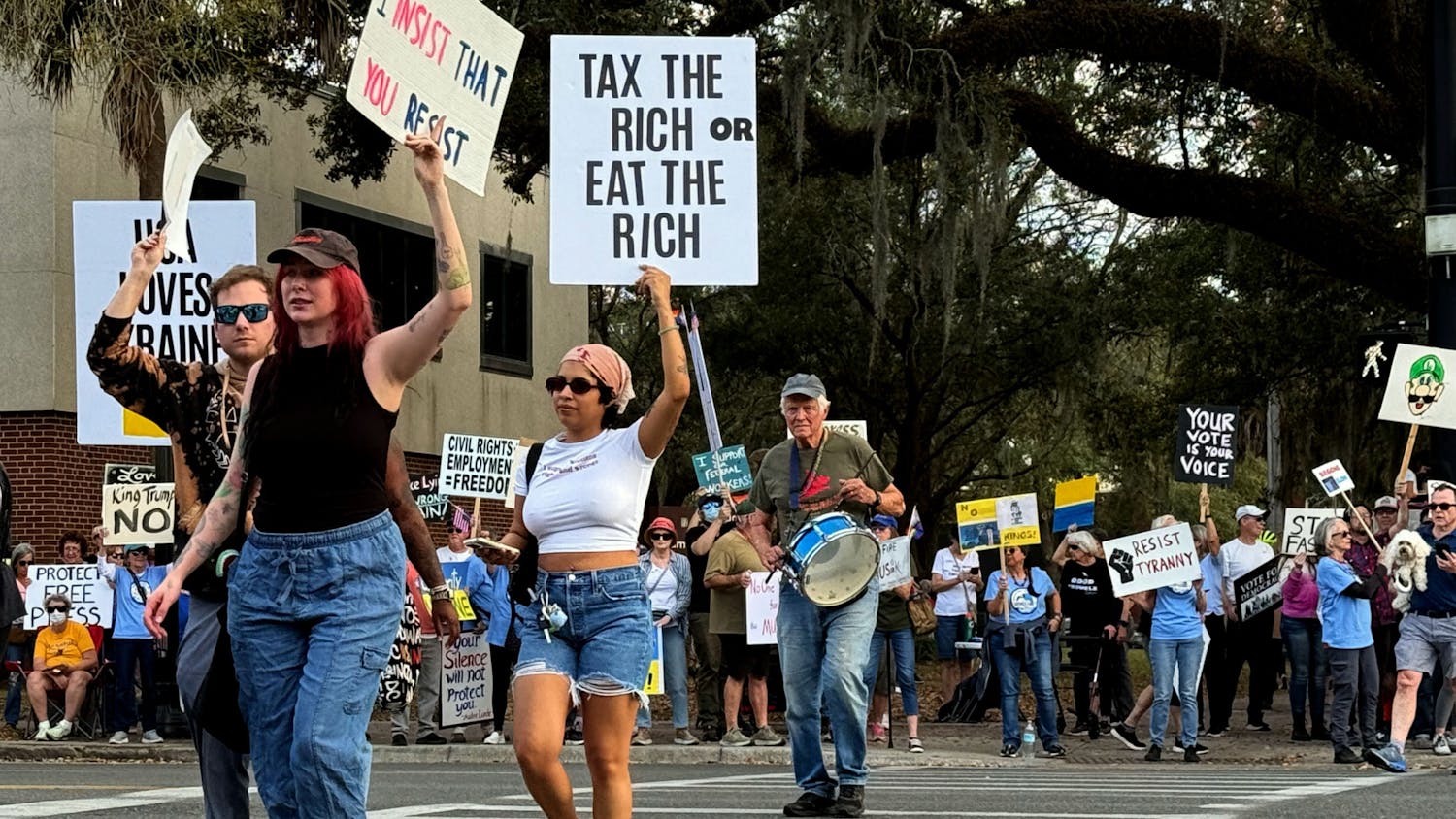U.S. Rep. Ted Yoho, a representative for North Central Florida’s 3rd congressional district, was one of few opponents to a historic bill passed Wednesday that would make lynching a federal crime.
With an overwhelming vote of 410-4, the U.S. House of Representatives passed the Emmett Till Antilynching Act, which is named after the 14-year-old black teenager who was lynched in Mississippi in 1955. The bill now awaits the approval of President Donald Trump, who is likely to sign the measure into law.
Yoho told CNN Wednesday that he voted against the legislation because it’s an “overreach of the federal government and tramples on states’ rights.”
Yoho couldn’t be reached for comment after three phone calls and an email.
In December, the congressman announced that he wouldn’t run for reelection. Yoho’s former deputy chief and campaign manager Kat Cammack, who is one of several candidates running for his seat, couldn’t be reached for comment after being messaged through Facebook and by email.
Other candidates include North Central Florida doctor James St. George and Ocala Mayor Kent Guinn. The seat will be contested Aug. 18 in a primary election and final candidates will compete in the Nov. 3 general election.
Members of the U.S. House and Senate have been pushing for this law to be passed since the 1900s. Until now, the bills were constantly blocked or put aside.
The legislation mirrors the city and county’s reconciliation efforts for lynching victims.
In January 2018, the Alachua County Historical Commission reported more than 40 known lynching cases in the county between 1867 and 1926 — the highest number of extrajudicial lynchings in Florida, which means without a trial. Although legal executions existed in the U.S. during this period, many were poorly investigated and there was often evidence that the victim was innocent.
The historical commission has recently collaborated with UF’s Samuel Proctor Oral History Program to work on a 10-step plan for the county’s Truth and Reconciliation Project. The project’s mission is to research the county’s lynching history in order to educate the community.
On Feb. 7, Alachua County hosted a memorial service for its lynching victims at Mount Pleasant United Methodist Church.
Lizzie Robinson Jenkins, the founder and CEO of The Real Rosewood Foundation Inc., was disappointed to hear about Yoho’s decision.
Jenkins’ Archer-based organization focuses on the education and preservation of history regarding the 1923 Rosewood Massacre, an attack where Klu Klux Klan members killed more than 100 people in the predominantly black town of Rosewood, about an hour drive from Gainesville.
On July 25, Yoho recognized Jenkins’ work and goals with the foundation on the floor of the U.S. House and discussed the importance of memorializing such events.
“Her goal, and ours, is for individuals to remember and to never forget the hatred, the racism of the past,” he said in his speech. “And to honor those who suffered in the past, so future generations do not repeat the pain, suffering, and mistakes…”
Jenkins’ said she was shocked because, in early February, Yoho and Rep. Clovis Watson Jr. signed a proclamation recognizing Jan. 1 as “Rosewood Day.” Yoho presented the framed document to her in his Gainesville office, she said.
She plans to eventually build a Rosewood Museum, an “ultimate goal” of hers, and hang the proclamation up there, she said.
“He can be partisan, but that doesn’t make history partisan,” Jenkins said. “History is history. We cannot change it.”
Contact Alex DeLuca and Samantha Chery at adeluca@alligator.org and schery@alligator.org. Follow them on Twitter @AlexLDeLuca and @SammyChery4276.






